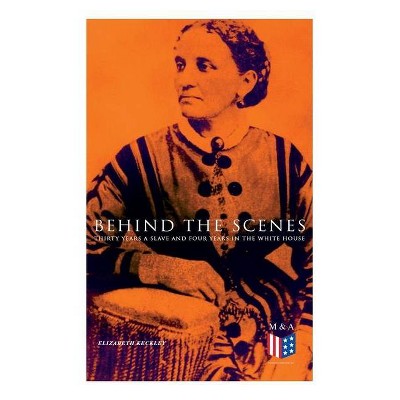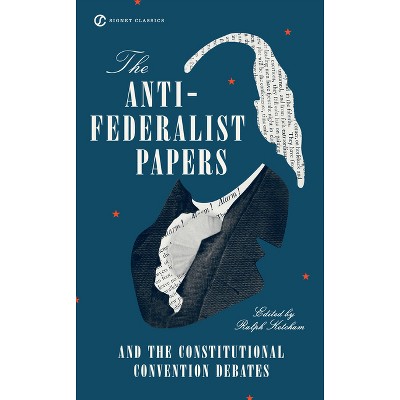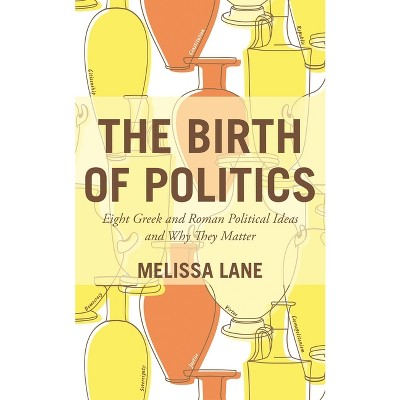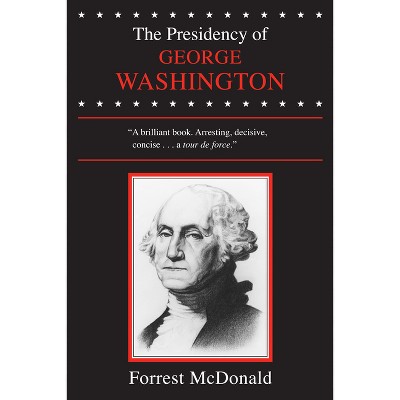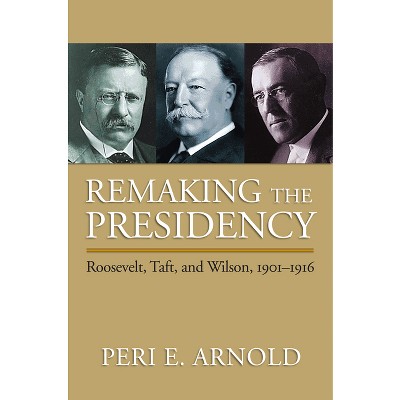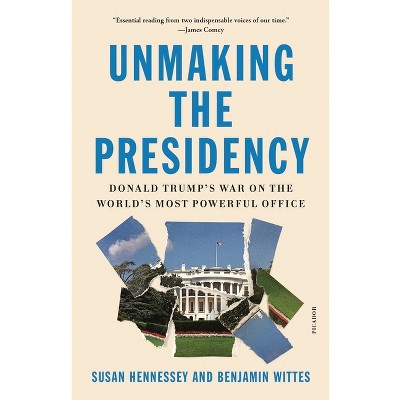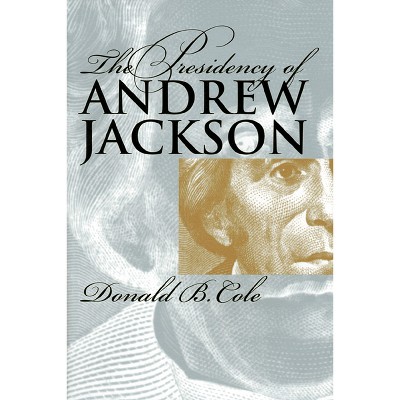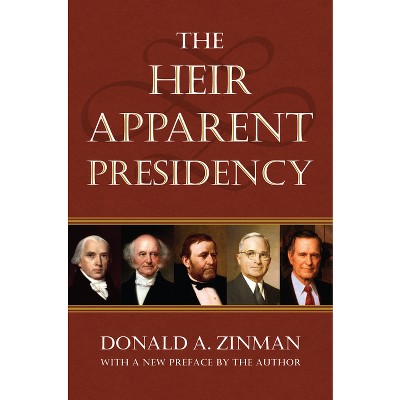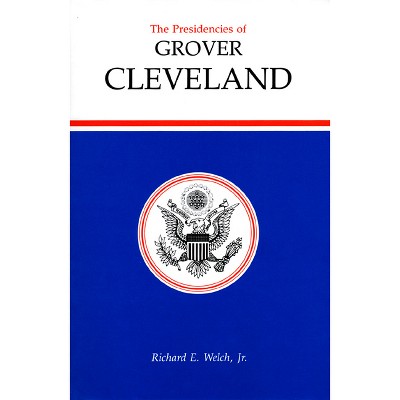Sponsored

Midterm Campaigning and the Modern Presidency - by Michael A Julius (Hardcover)
In Stock
Sponsored
About this item
Highlights
- Providing a unique resource for readers seeking to understand the relationship between presidents, parties, and Congress, this book offers a new explanation of the motivations, strategies, and impacts of presidential midterm campaigns.
- About the Author: Michael A. Julius earned his PhD at the University of Minnesota-Twin Cities.
- 176 Pages
- Political Science, Political Process
Description
About the Book
Providing a unique resource for readers seeking to understand the relationship between presidents, parties, and Congress, this book offers a new explanation of the motivations, strategies, and impacts of presidential midterm campaigns.
Congress has been shaped by an unlikely force--presidential involvement in midterm campaigning. This book argues that midterm campaigning is a presidential Trojan horse and that in undertaking it, presidents have brought their parties to heel; indebted individual representatives and senators to them; and broken the ability of Congress to effectively check the executive office.
Midterm Campaigning and the Modern Presidency looks at why presidential midterm campaigning emerged during the post-war period and why it did not emerge sooner; it then describes how presidents have shrewdly coordinated their midterm actions to not only shore up their immediate needs but also to remake in their own image both their party and Congress as a whole. Not merely about any particular election or candidate, the book shows that presidential midterm campaigning has a lasting impact on the behavior of Congress and on the future course of American political affairs.
- Examines all presidential midterm campaigning from 1954 (the inception of the "imperial" presidency) through 2014
- Includes case studies of nine presidents as midterm campaigners: Johnson, Taft, FDR, Eisenhower, Kennedy, Nixon, Clinton, Bush, and Obama
- Shows that presidents use campaigns not to aid their own party but to reshape it around their own ideological preferences
- Explains the relationship between presidential midterm campaigning and the U.S. party system
- Explores how presidential midterm campaigning affects subsequent Congressional behavior and federal elections
Book Synopsis
Providing a unique resource for readers seeking to understand the relationship between presidents, parties, and Congress, this book offers a new explanation of the motivations, strategies, and impacts of presidential midterm campaigns.
Congress has been shaped by an unlikely force--presidential involvement in midterm campaigning. This book argues that midterm campaigning is a presidential Trojan horse and that in undertaking it, presidents have brought their parties to heel; indebted individual representatives and senators to them; and broken the ability of Congress to effectively check the executive office. Midterm Campaigning and the Modern Presidency looks at why presidential midterm campaigning emerged during the post-war period and why it did not emerge sooner; it then describes how presidents have shrewdly coordinated their midterm actions to not only shore up their immediate needs but also to remake in their own image both their party and Congress as a whole. Not merely about any particular election or candidate, the book shows that presidential midterm campaigning has a lasting impact on the behavior of Congress and on the future course of American political affairs.About the Author
Michael A. Julius earned his PhD at the University of Minnesota-Twin Cities. He is a lecturer at Coastal Carolina University. His scholarly work has focused on developing a greater understanding of presidential-congressional relations.